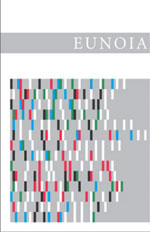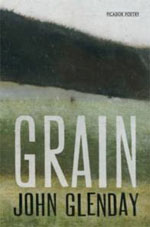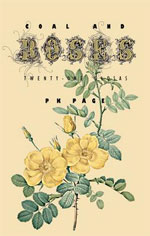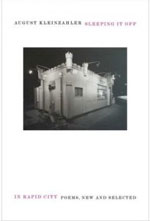
Eunoia by Canadian experimental poet Christian Bok is the 74th of a series of titles selected by writer Yann Martel to provide to Canadian Prime Minister Stephen Harper, to encourage an appreciation of the arts and literature in particular in the PM, and to also help Harper with his stillness and thoughtfulness. Martel has regularly sent books from a wide range of literary traditions to Harper. Since he started this initiative in April 2007, Martel has devoted a Web site to the reading list and to his kind, considered and often poignant covering letters with each volume. (All of his letters can be read at http://www.whatisstephenharperreading.ca/. They are also now in printed form, in a book entitled, not surprisingly, What is Stephen Harper Reading?)
Martel’s thoughtful persistence in this quest is both heartwrenching and highly commendable. He has never received a direct acknowledgement from Harper, and only some fairly form-letter responses from Harper’s staff. He has also received a response from Industry Minister Tony Clement, but it wasn’t directly related to any of Martel’s book selections.
Eunoia won the 2002 Griffin Poetry Prize, became the bestselling poetry book of all time in Canada, and recently came out in a second edition with new material. The Griffin judges cited the work as follows: “Christian Bök has made an immensely attractive work from those “corridors of the breath” we call vowels, giving each in turn its dignity and manifest, making all move to the order of his own recognition and narrative. Both he and they are led to delightfully, unexpected conclusions as though the world really were what we made of it. As we are told at the outset, “Eunoia, which means ‘beautiful thinking,’ is the shortest English word to contain all five vowels.” Here each speaks with persistent, unequivocal voice, all puns indeed intended.” Could Stephen Harper benefit from some “beautiful thinking”? It seems Yann Martel thought so.
Some reviewers dismissed Eunoia as a clever parlor trick, not really a work of artistic merit. Having read it, I confess that while I marvelled at the discipline involved in creating the work, it left me kind of cold at times. However, having seen Bok present it – live and on video – there is no denying the passion he applies to this and all his work.










